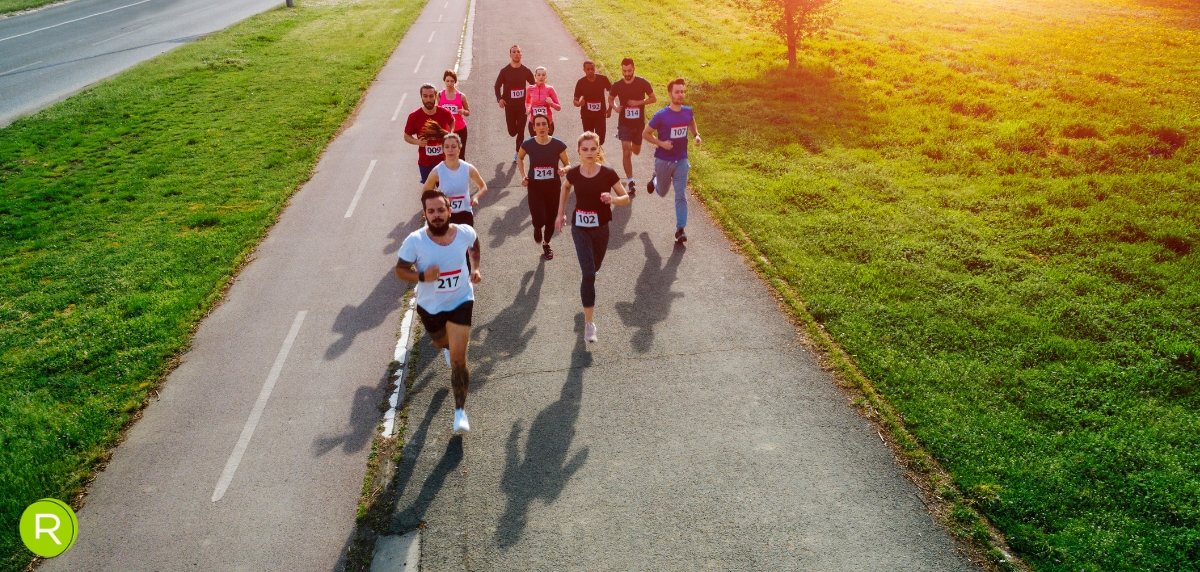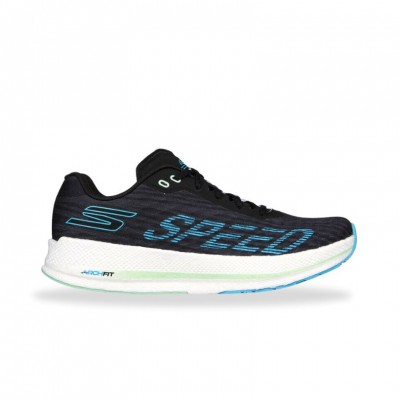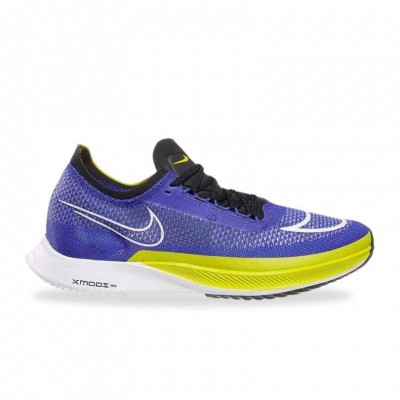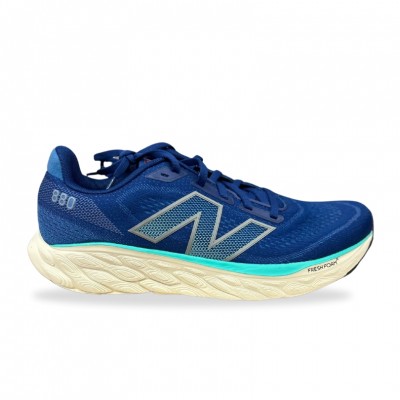You may be interested in:
Beginnings are never easy. Unless we come from a related sport or with a considerable physical level, starting to run has, at the beginning, more of suffering than enjoyment. This is true, let's not kid ourselves. Anyone who has been in this situation knows it perfectly well, but that should not be a reason to give up trying to become a runner.

Little by little this suffering is reduced. This happenswhen we begin to take the pleasure of putting on our running shoes. The acquisition of a routine of sessions allows the body to get used to both the cardiovascular stimulus and the joint impact to which the body is exposed with each stride. Each time we are able to run for longer and, in turn, faster, each within his or her own pace range.
At this stage, we can say that the enjoyment is imposed on the suffering, although like any sporting activity, always has the effort factor, which after all, is what gives meaning to physical exercise.
Not sure which shoe to choose?
In a few simple steps we help you to choose the ideal running shoe for you.
GO TO THE RECOMMENDERThe combination of physiological adaptations together with an increase in motivation and ability to overcome makes us to be increasingly ambitious, to want more. To run more distance, more time, to beat our records... but all this also has a risk. We are not able to control this "high" or "euphoria" that causes the culmination of a more or less demanding training session, or that target competition.

In the following lines we will talk about the euphoria of the runner or also known as Runner's High, which is a double-edged sword to which we must pay special attention if we do not want to have a negative impact on our performance and physical and mental well-being.
Endorphins, the culprits of the runner's euphoria
We are sure you heard or read, when running the body secretes a hormone called endorphin, which is responsible for the feeling of well-being and euphoria after running. This is the key to making running, even though it is demanding, a pleasurable experience that we want to repeat over and over again.
Depending on the physical and psychological characteristics of the person, the Runners High is expressed in different magnitudes, so it can be a rather subjective phenomenon. However, what is more than proven is that it is one of the factors that most encourages people to continue running, whether it is for a competitive objective or for simple pleasure.

They say that experience is a degree and in the case of runner's euphoria, it also applies. This means that we are usually more euphoric in the early stages as runners, when that feeling is "new" and different. This is how we get hooked but we also enter the risk zone when it comes to the correct development of the training process.
Main problems of the Runner's High
Excessive euphoria or lack of control over it causes the following typical mistakes among popular runners.
Training too fast
It is often thought that the faster we run, the better we will feel, but this is not entirely true. It is a mistake to train fast, as we will be in a constant state of fatigue and will not allow us to maximize performance. To run fast you also have to run slow. Really slow, don't be a motivator in all your workouts.
Running too many kilometers
As with paces, we sometimes "get carried away" when it comes to running sessions that are too long in duration or kilometers, believing that this extra effort will bring us greater satisfaction. But the truth is that if we want to improve, we can not always be doing long workouts because we will not have enough capacity to support the training load and include, for example, high intensity training.
Signing up for too many races
A good result in a race ignites the competitive flame, that craving to feel the adrenaline again with the bib on. But if we really want to improve, we have to train more than compete and only run certain races that help us to progress and test our fitness at a given time. You can run many races, even one a week, but you're never going to get your best performance this way.

Not respecting rest periods
As much as running and training makes us feel good, our body needs to rest, since it is precisely in the rest period where all the adaptations that will allow us to continue improving are generated. As much as you love running, you can't train every day. Run and rest according to your level, experience and goals.
Not planning the season
This point has to do both with the goals we set for ourselves as well as the recovery periods. It is very interesting to make an outline of the objectives we pursue, at least every six months or year. Unless we are high-level athletes, it is likely that we try to seek the best performance in one to three competitions a year, we can not always be at the foot of the cannon. In addition, it is very important to establish transition periods where we lower the training load and can recover well both physically and mentally.
Euphoria yes, but controlled
The fact that running makes us feel strong, active and healthy does not exempt us from being aware of how and when we train. Letting ourselves be carried away by the desire and always go out to seek our maximum in each training and competition to feel a greater euphoria is not the best way if we want to optimize and maximize our performance.

Pre-planning to stipulate how many sessions to do and the type of sessions we are going to practice will help us to improve more and even much faster. Do not get carried away by post-session emotion and think that each training session has a specific objective.
What's better, the same repeated euphoria or the euphoria of achieving that goal you've always wanted? Think about it. In the meantime, train with sense and logic.
Read more news about: Running Training




































